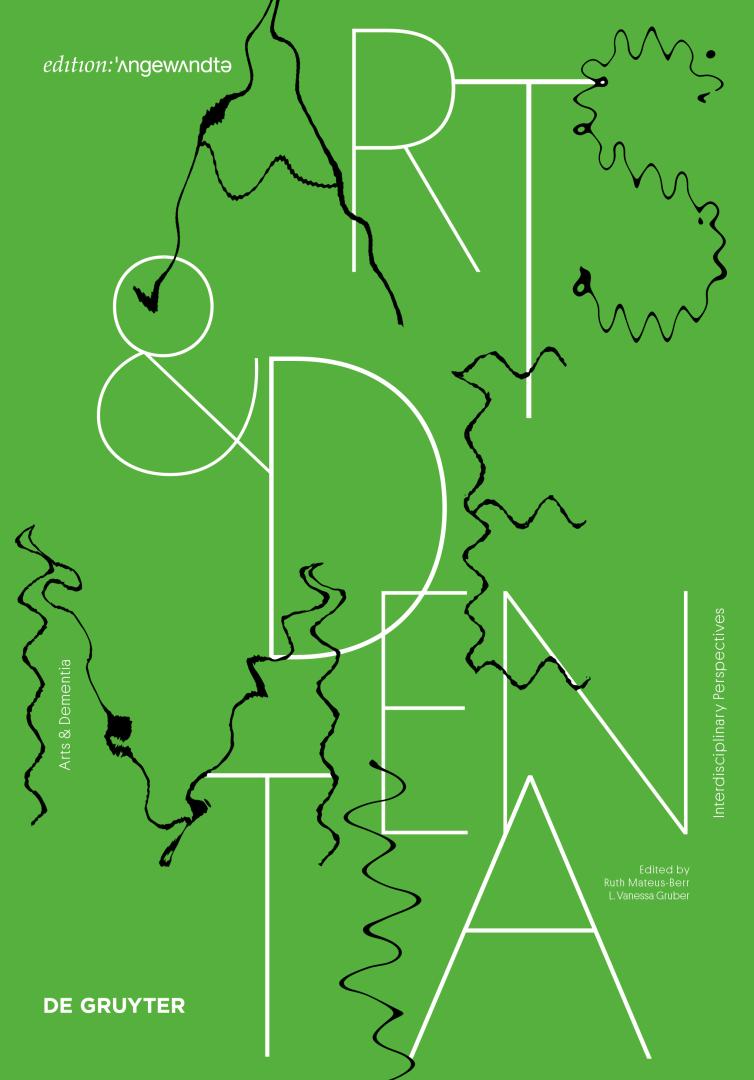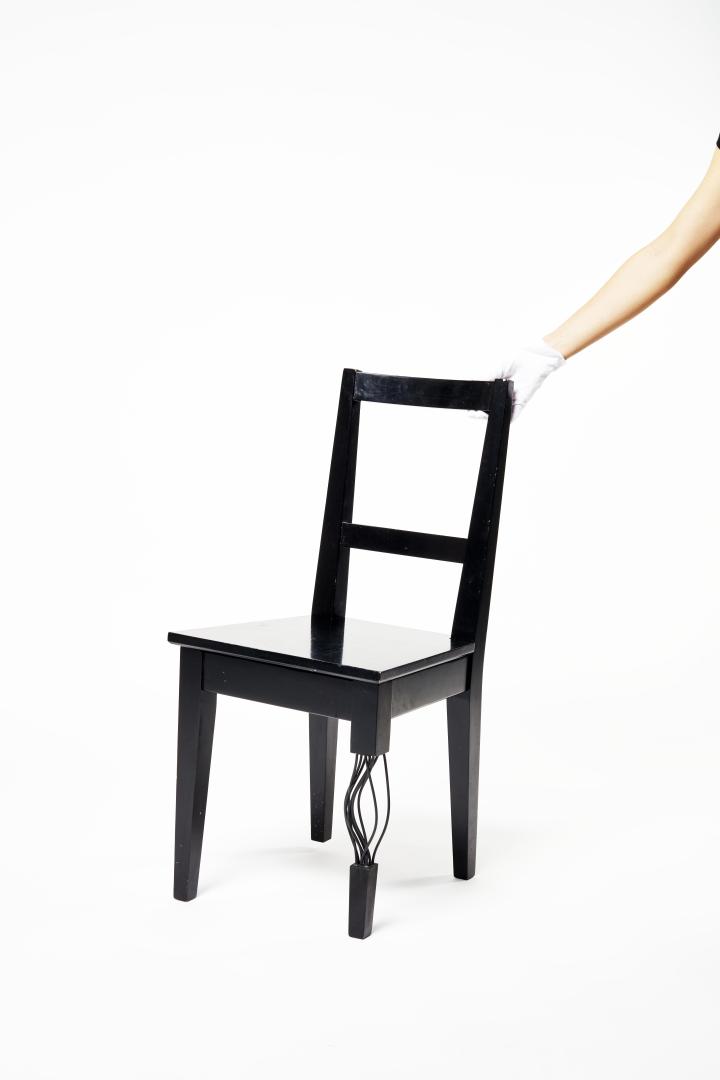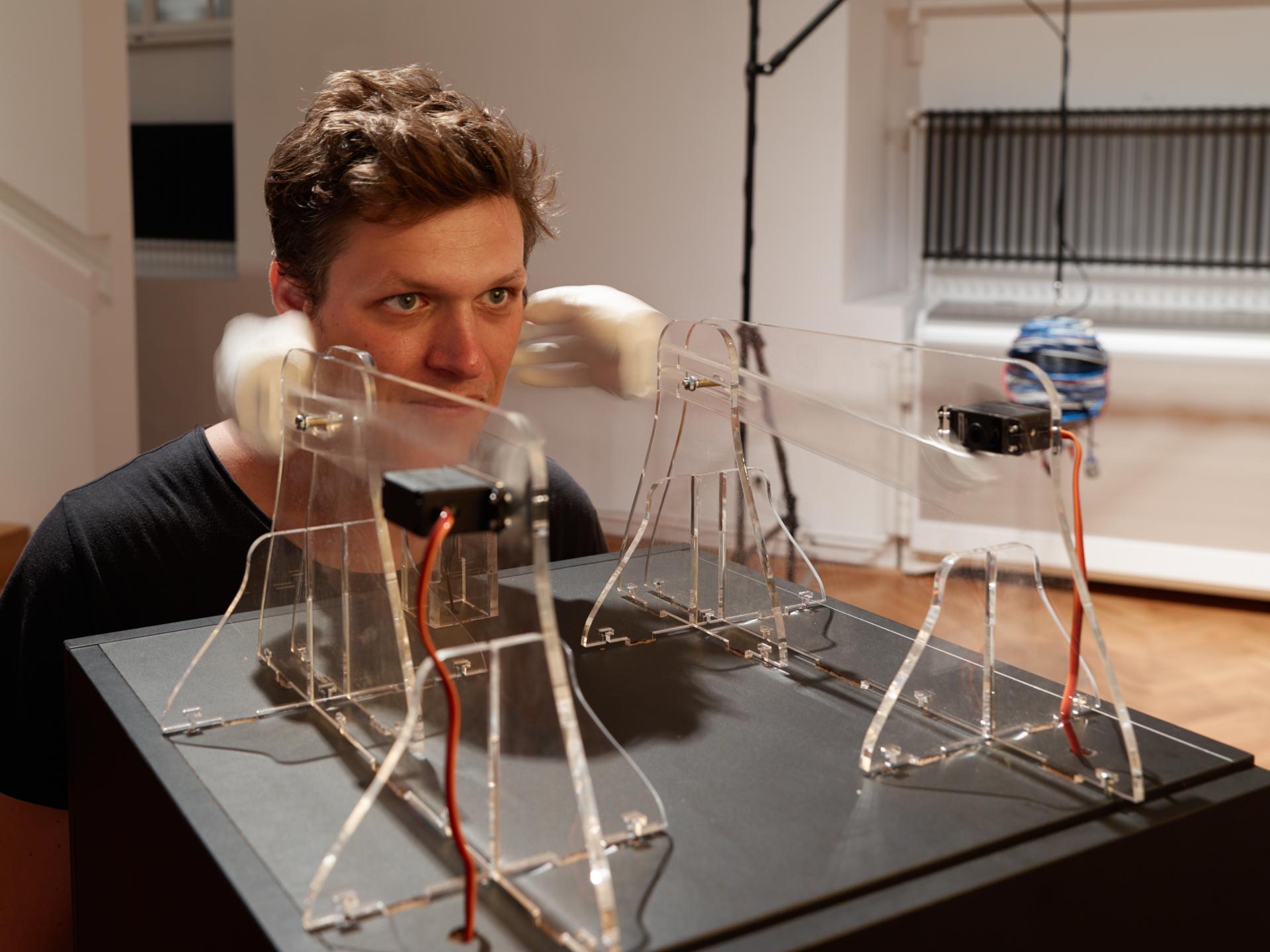INTERDISCIPLINARY CO-ABILITY: INCA
Basic information
Project Title
Full project title
Category
Project Description
INCA°- Interdisciplinary Co-Ability INCA° is an innovative arts and design-based education method that unites various artistic disciplines. It enables an empathic and aesthetic approach to inclusion (e.g. divers impairments, dementia, social disadvantage, disadvantage on the basis of race and gender) and has developed person-centered sustainable education formats. Disability critical questions like 'how to think difference positive' (R Braidotti) open new approaches to education, analog/digital
Project Region
EU Programme or fund
Which funds
Other Funds
2018 & 2019 Austria-Hungary Research & Education Foundation: Knowledge Sharing Exchange
Program on Coability/Designcultures and Disability studies/Rosi Braidotty Posthuman Critical
Theory/ in cooperation with Laszlo Moholy Nagy University of Art and Design Budapest, HU.
2018 INTERREG/EU: Design & Innovation (EU) University of Applied Arts Vienna (Angewandte),
MAK (MuseRum of Applied Arts Vienna), SCD (Slovakian Design Center, VŠVU (Academy of Fine
Arts and Design, Bratislava/ Institute for Design, Textil and visual Communication
Description of the project
Summary
Educational institutions and urban concepts still lack a fundamental concept for the integration of special needs, an inclusive solution in all areas. According to the Agenda 2030: ‘Leave no one behind' the Center for Didactics of Art and Interdisciplinary Education offers workshops on demand (analog or digital) and engages in empathic and aesthetic approach to inclusion (e.g. divers impairments, dementia, social disadvantage, disadvantage on the basis of race and gender). Method applied: Interdisciplinary artistic research, which is basic research, the concept of social sciences and person-centered care- an approach to care that places the person at the center of their own care: Individuals are supported, facilitated and enabled to contribute to their care through shared decision making, equality of communication and mutual respect. Therefore, person- centered approach is considered humanistic, dignified and morally ethical. The development of the educational formats took place together with the people concerned. The person-centered sustainable education formats aims constantly responding to the particular needs of the individual (groups) and not a one-fits-for-all approach. INCA° is based on the creative collaborative practice of artists, musicians, designers, performance artists, dancers, multimedial art therapists, people concerned, social scientists in crossover work. INCA° sensitizes youth and society at the same time, as it is offered for schools, universities, care institutions, public facilities of the city but also for individuals. The education formats are thus developed for specific target groups, adapted and further developed as needed. Disability critical questions like 'how to think difference positive' (R Braidotti) open new approaches to education. To date, workshops can be booked online through the Center, approx. 1000 persons reached. INCA° designs the first arts-based schooling strategy for empathy, creates an inclusive friendly environment.
Key objectives for sustainability
Objective of INCA° has been to develop artistic strategies in education to strengthen empathic abilities with arts-based methods and by interdisciplinary collaboration with people with impairments, their relatives and caregivers, artists, designers, musicians, teachers, multimedial art therapists, students in crossover collaboration. INCA° is implemented in mandatory seminars at the University, diverse duplication by future teachers and educators make inclusive education the center of a social design. INCA° promotes an attitude and a way of dealing with inclusive challenges and fosters participatory involvement of all target groups. INCA° engages in human sustainability, which encompasses the development of skills such as empathy and human capacity to support the functions and sustainability of the organizations and the public to promote the well-being of communities and society. This happens through a rich workshop offer that is adapted following.
Key objectives for aesthetics and quality
Objective of INCA° was to develop aesthetic art- and design-works for educational settings and interdisciplinary methods which allow to empathize and interact with people, learn by experimenting. i.e. Design objects that challenge perception, participatory art workshops in which participants recognize their own weaknesses, see them as common ground, and see them as things that can be excellently complemented in the group. Sensory workshops that allow new perspectives to topics or becoming yourself creative and aware to these topics in order to develop a positive attitude towards, and letting those affected have their say. Art and design strategies facilitate to develop a better sense of empathy towards people with impairments, recognize one's own shortcomings and to recognize the strengths of these in the sense of co-ability within teams. What counts is the experience within the workshops, people can develop new stories, where there is no right or wrong, disability is used as a power of creativity.
Key objectives for inclusion
INCA° uses art and design strategies to recognize one's own shortcomings and to recognize the strengths of these in the sense of co-ability within teams, aims to reflect on one's own prejudices towards others and to generate new attitudes. INCA° engages in empathic and aesthetic approach to inclusion (e.g. divers impairments, dementia, social disadvantage, disadvantage on the basis of race and gender). What counts is the experience within the workshops, where difference is used as a power of creativity, valued and a democratic understanding, the power of Co-ability. According to the Agenda 2030: ‘Leave no one behind' methods were applied, such as: Interdisciplinary artistic research, social sciences and person-centered care- an approach to care that places the person at the center of their own care: Individuals are supported, facilitated and enabled to contribute to their care through shared decision making, equality of communication and mutual respect, and lets those affected have their say. Therefore, person- centered approach is considered humanistic, dignified and morally ethical. The development of the educational formats took place together with the people concerned. The person-centered sustainable education formats aims constantly responding to the particular needs of the individual (groups) and not a one-fits-for-all approach.
Results in relation to category
We have developed an interdisciplinary educational method, INCA°, which is offered as workshops that can be booked online through the Center depending on the support and focus of the topic for free. INCA° designs the first arts-based schooling strategy for empathy, creates an inclusive friendly environment. We have disseminated our strategy via workshops in schools, on public space and via zoom during Covid-19 times. To date, approx. 1000 persons have been reached in Austria and international. We have exhibited our approaches in Austria and around the world. We have edited a book on Arts & Dementia and are preparing an educational onlinetool which encourages educational impacts against prejudices against women, skin color, origin, dementia, and various forms of disability. Exhibitions, Symposia & public workshops: Status Quo September and October 2016 at Stilwerk Vienna, Symposium DNEMEZ PTRIPEKESVEN 7.12.2016, Vienna; Familiar and foreign (PUBLIC) public drawing (19.5.2017) Artfestival Brno, Park Lužánky, Brünn, Tschechien; Dementia. Arts. Society: Sensual Fake (30.9. – 8.10.2017) at Ingrid Leodolter Haus; Vienna Archive of Confusion (7.10.2017) gfk. Gesellschaft für Kulturpolitik, Linz, Austria; FUTURE undone, AIL - Angewandte Innovation Laboratory, Vienna; (14.10.2017) sinn*en*voll leben inclusive Dementia Kardinal-König-Haus, Vienna (2017) Design Matters, WEI SRAUMforum, Innsbruck, Austria (30.9. – 8.10.2017); Lebenswelten Talk (5.10.2017) Café Z, Vienna Design Week (2017): Interventionen; Alzheimer’s Disease International Conference (ADI), Budapest (HU), 2016; 8th Annual Conference of the International Visual Literacy Association (IVLA), Concordia University, Montreal; 2018 Understanding Art & Research, School of Art, Design & Media:, Nanyang Technological University (NTU), Singapore (SG); 2019 Archive of Confusion. DAS. UCLA Art|Sci Center at BBAX Building Bridges Gallery. Los Angeles/Santa Monica, USA; Vienna Biennale, Museum of Applied Arts.
How Citizens benefit
INCA° engages in human sustainability, which encompasses the development of skills such as empathy and human capacity to support the functions and sustainability of the organizations and the public to promote the well-being of communities and society. We have reached approx.1000 participants until today:
by participatory interactions with the public (indoor and outdoor - public space). Interaction projects have been developed, such as workshops at schools and adult education centers, others developed within the process, such as participation at the Design Week, invitation to an art festival in Brno, Symposia, Exhibitions, Lectures ... etc. The tools for interaction were prepared and developed as for example the “Archive of Confusion”, which provoked public audience to share their inner images of confusion and discuss then challenges of disorientation of people with dementia, or Sensual Fake, which empathized people during the Vienna Design Week at Café Z with the confusion of the senses and empowered discussions of situations and feelings of people with dementia, 17 women from 9 different countries were invited to engage in feminist art education and deconstruction of systemic prejudices. Impact of this involvement was a development of compassion and rethinking of prejudices, a co-development of graphic novels and educational tools.
Innovative character
INCA° designs the first schooling strategy for inclusion, with arts-based research, meets
the SDG´s: No. 3: Health & Well-being and the Action area 2, 4, 5,7 of the Global Action Plan on the Public
Health response to dementia 2017-2025 (WHO 2017: 14-17, 11-29, 32-35). It investigates in innovative artsbased pedagogies, connects domains, support student-centeredness and active participation (OECD 2018:15).
INCA° yields detailed insights into creative collaborative practice of artists, musicians, designers, multimedial art therapists, students, people concerned, their relatives, caregivers in crossover work.
INCA° is set up as a method model, which has been developed and continuously adapted. It started around 2009 with methods of Applied Design Thinking (a special method of Design Thinking), which were extended by the Disney Model and subsequently, from 2017 onwards, supplemented with interdisciplinary artistic and design research methods, art therapy and applied in teaching. In 2021, this model was additionally supplemented by specific competence acquisition within the framework of 21st century skills as well as a participatory research method, which allows participants to reflect on competences they have acquired themselves.



